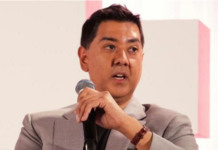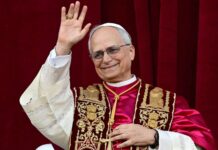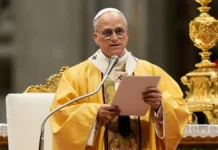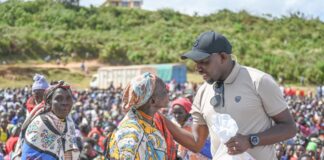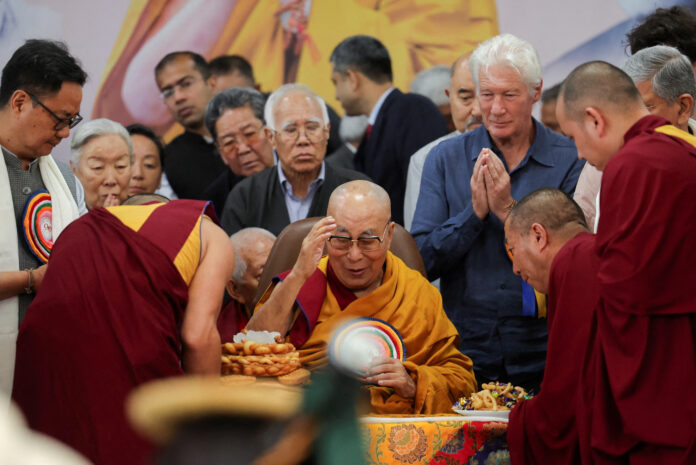
The Chinese government has reaffirmed its claim of having the ultimate authority in determining the reincarnation of the Dalai Lama, dismissing recent statements made by the Tibetan spiritual leader and igniting fresh concerns over religious freedom and autonomy in Tibet.
At a press conference on Tuesday focused on Tibet’s socioeconomic development, Gama Cedain, deputy secretary of the Chinese Communist Party (CCP) committee in Tibet, declared that “the central government has the indisputable final say in the reincarnation of the Dalai Lama.”
Gama emphasized that the process would be conducted through a domestic search and officially approved by the central authorities in Beijing. “The reincarnation has never been decided by the Dalai Lama himself,” he stated, adding that the Chinese government’s procedure would follow “strict religious rituals and historical customs.”
His remarks directly contradict the position of the current 14th Dalai Lama, who celebrated his 90th birthday last month and reaffirmed to his global followers that his reincarnation would be chosen by a nonprofit institution he established, not by Beijing. The Dalai Lama, a Nobel Peace Prize laureate, has also declared that his successor would not be born in any territory under Chinese control, effectively ruling out the Chinese government’s involvement in the process.
China views the Dalai Lama as a separatist figure and has long sought to assert control over Tibetan Buddhism, an effort that has clashed with widespread loyalty to the exiled leader among Tibetans. While Beijing insists its approach honors religious tradition, critics argue it is a clear attempt to co-opt spiritual authority and strengthen political control over the region.
This dispute echoes past controversies, including the Chinese government’s selection of a state-appointed Panchen Lama, the second-highest spiritual figure in Tibetan Buddhism, in the 1990s. The Dalai Lama’s chosen candidate, a six-year-old boy, disappeared shortly after being named in 1995 and has not been seen since, while the Chinese-backed Panchen Lama has since been promoted by Beijing.
The reincarnation issue is viewed as critical by many Tibetans, as it will determine the future leadership of Tibetan Buddhism and could significantly impact the movement for greater autonomy or independence from China.
Observers warn that Beijing’s attempts to dictate the reincarnation of the Dalai Lama risk intensifying tensions between Tibetan communities and the central government, both within China and abroad, particularly as Beijing continues to assert tight control over religious institutions and practices.
Written By Rodney Mbua









